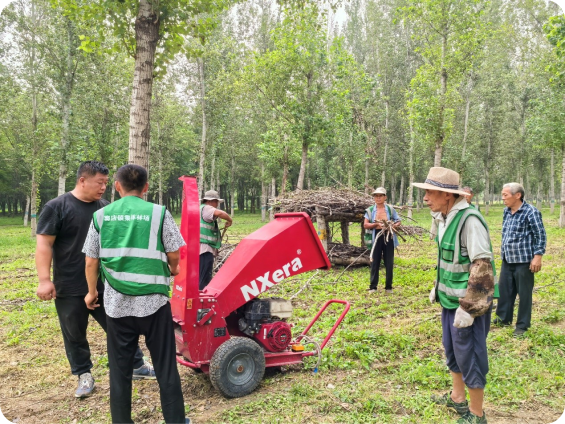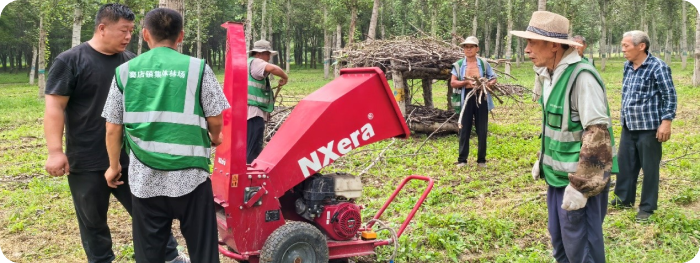Background
From July to August 2023, North China experienced unprecedented floods due to the combined impact of typhoons and strong cold air from the north. In Beijing’s Fangshan and Mentougou areas alone, nearly 1.3 million people were affected. This disaster, one of many caused by extreme weather linked to climate change, highlighted the vulnerability of northern farming communities, many of which lack the capacity to cope with such unpredictable weather events, and highlighting an urgent need to improve the tadaptation capabilities of these communities.
Burning straw has long been a common practice for disposing of agricultural residues in rural Asia. This method causes air pollution, reduces soil fertility, decreases crop yields, and directly contributes to carbon emissions. Although the Chinese government has enforced a strict ban on straw burning since 1999, in some areas, the lack of alternative technologies for straw disposal has prevented a complete halt to this practice;
Grassroots authorities and villagers in Doudian Town, Fangshan District, Beijing, are seeking to explore technologies that convert straw and rural organic waste into resources in situ.
This project addresses the needs of grassroots departments and rural communities by enhancing their ability to cope with the increasing frequency of extreme weather events caused by climate change. Through a series of project activities, it aims to strengthen local resilience to climate impacts.




